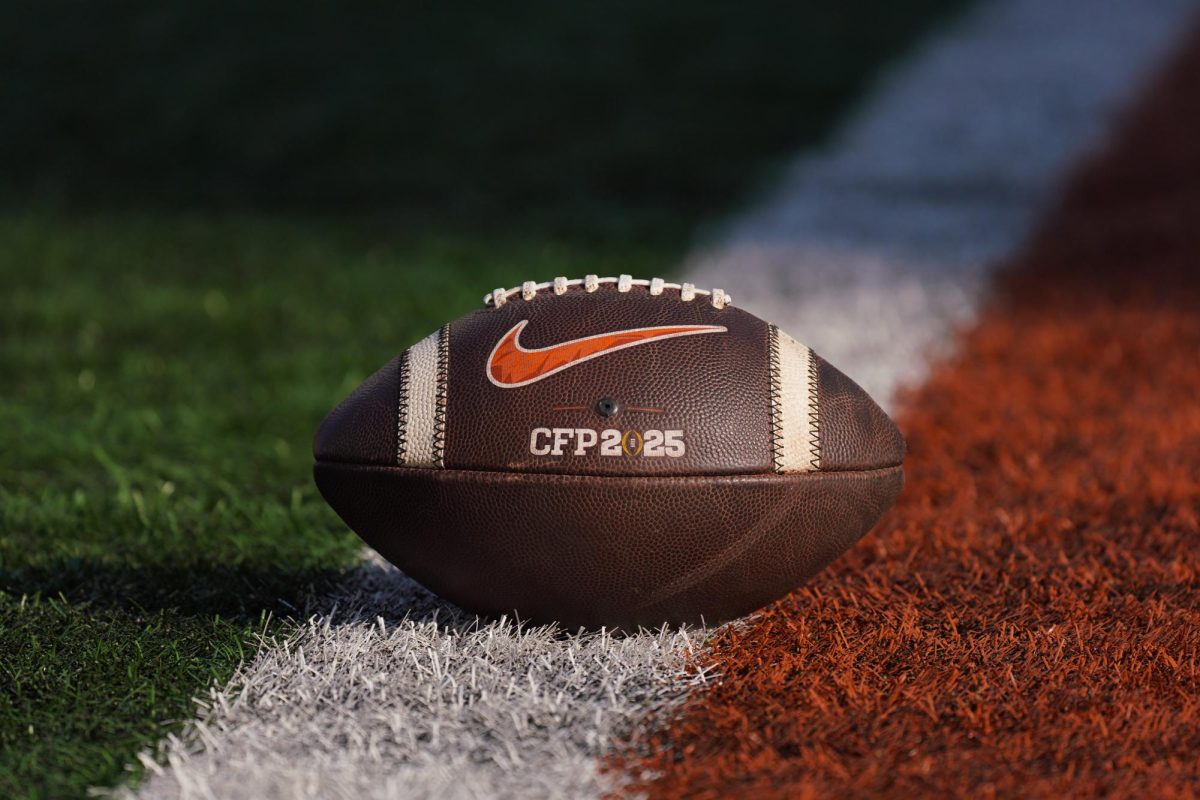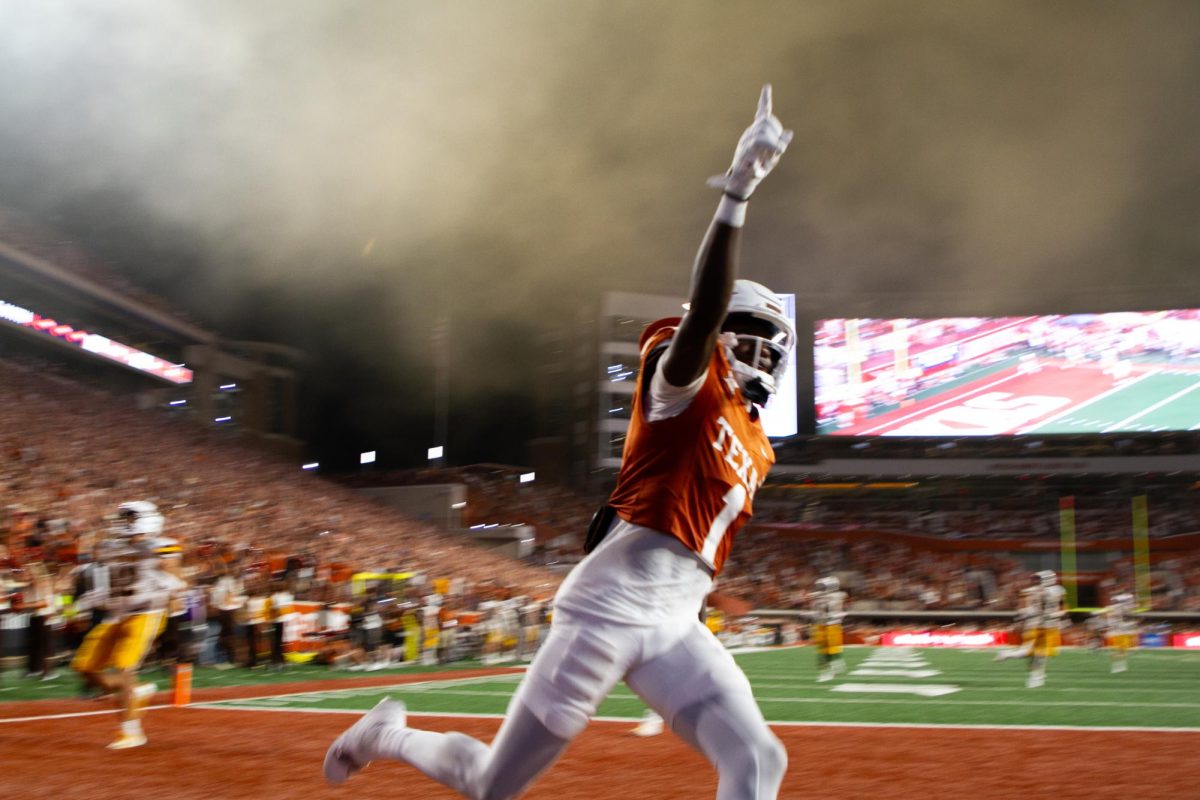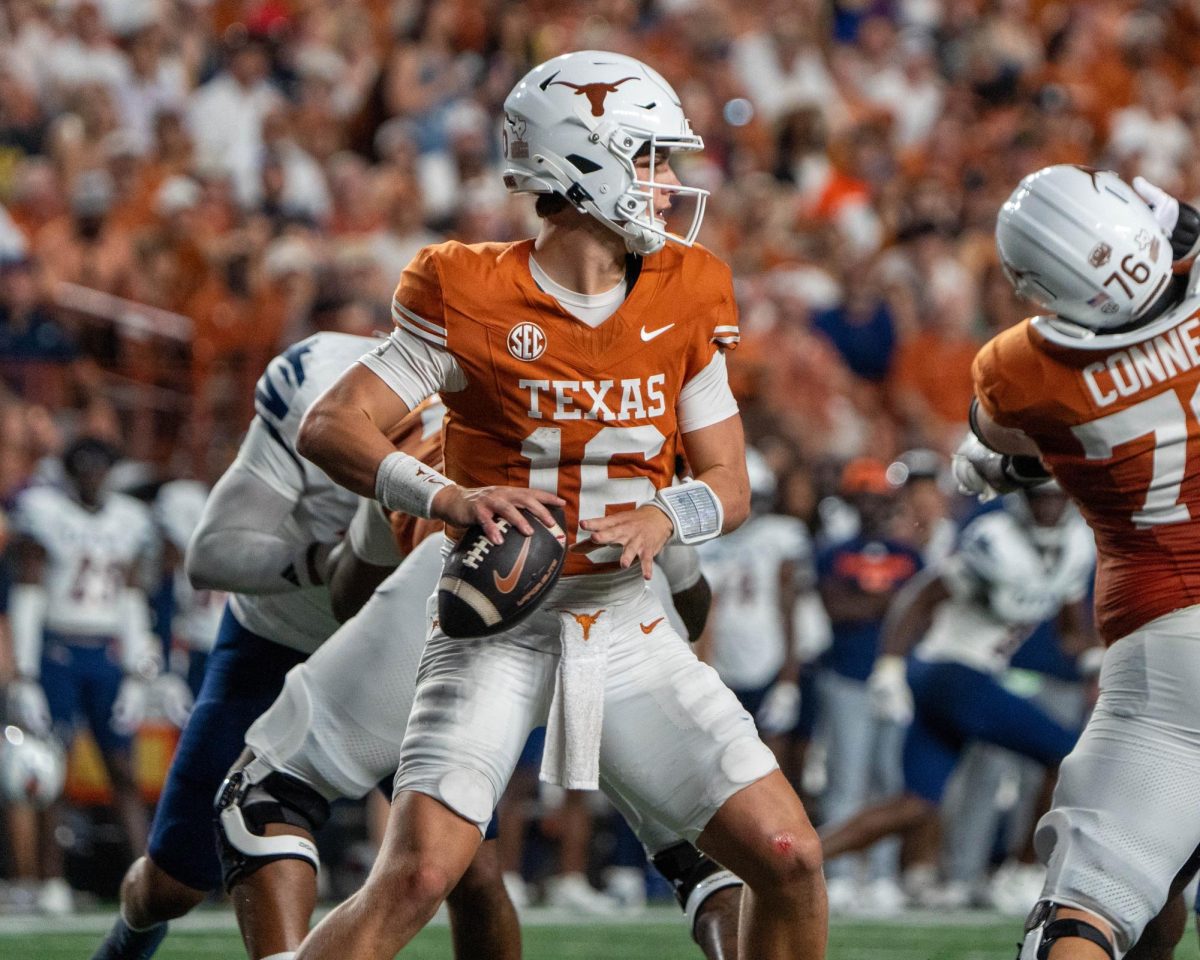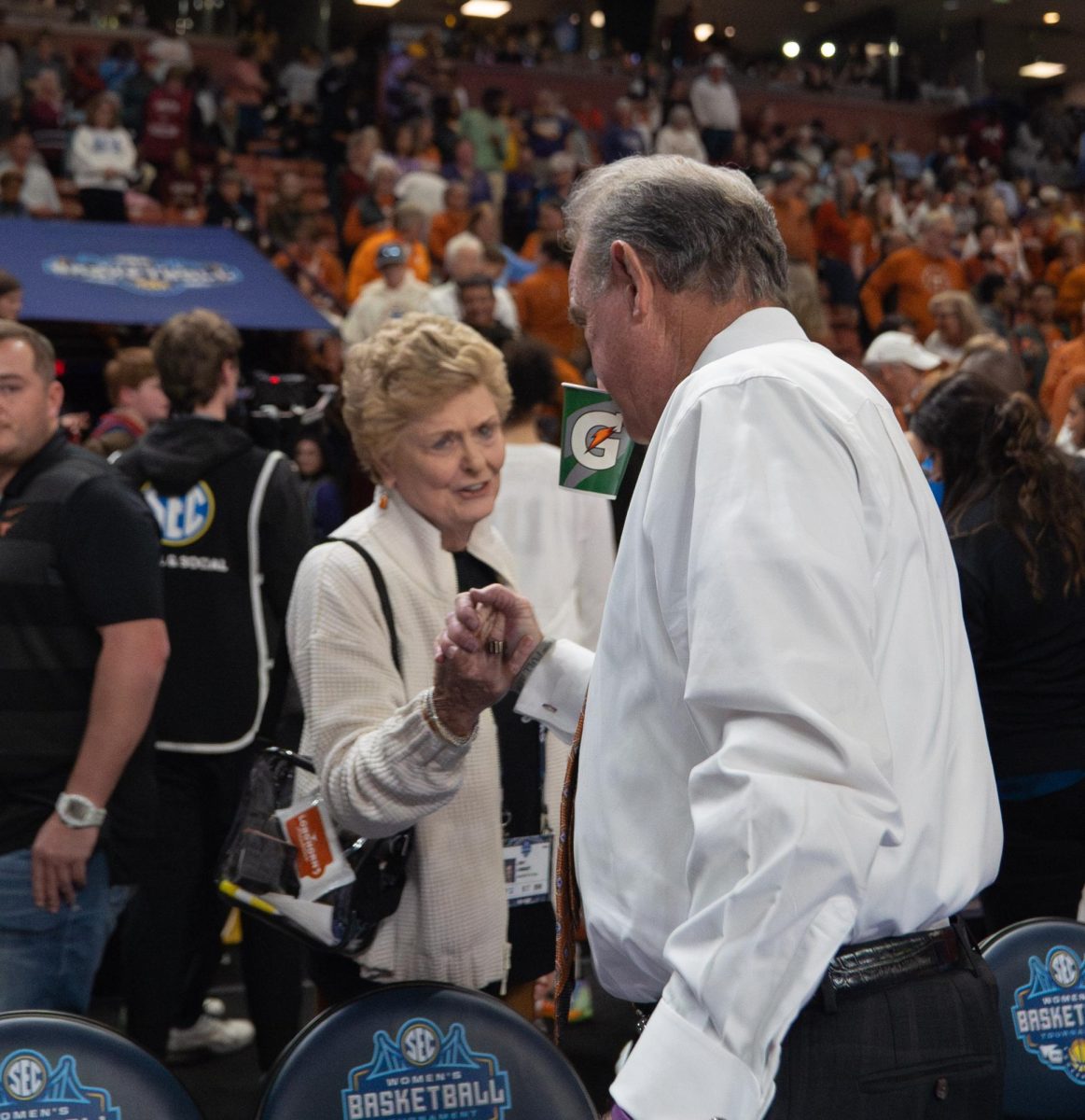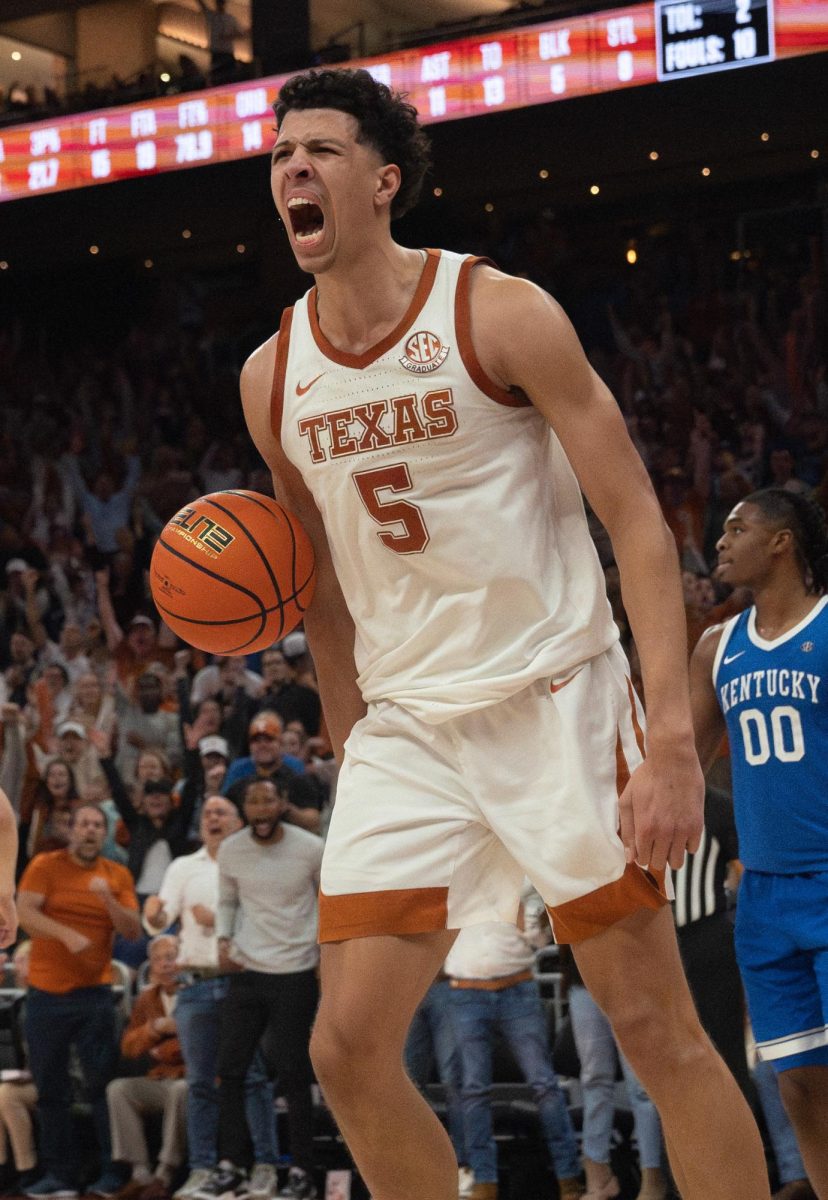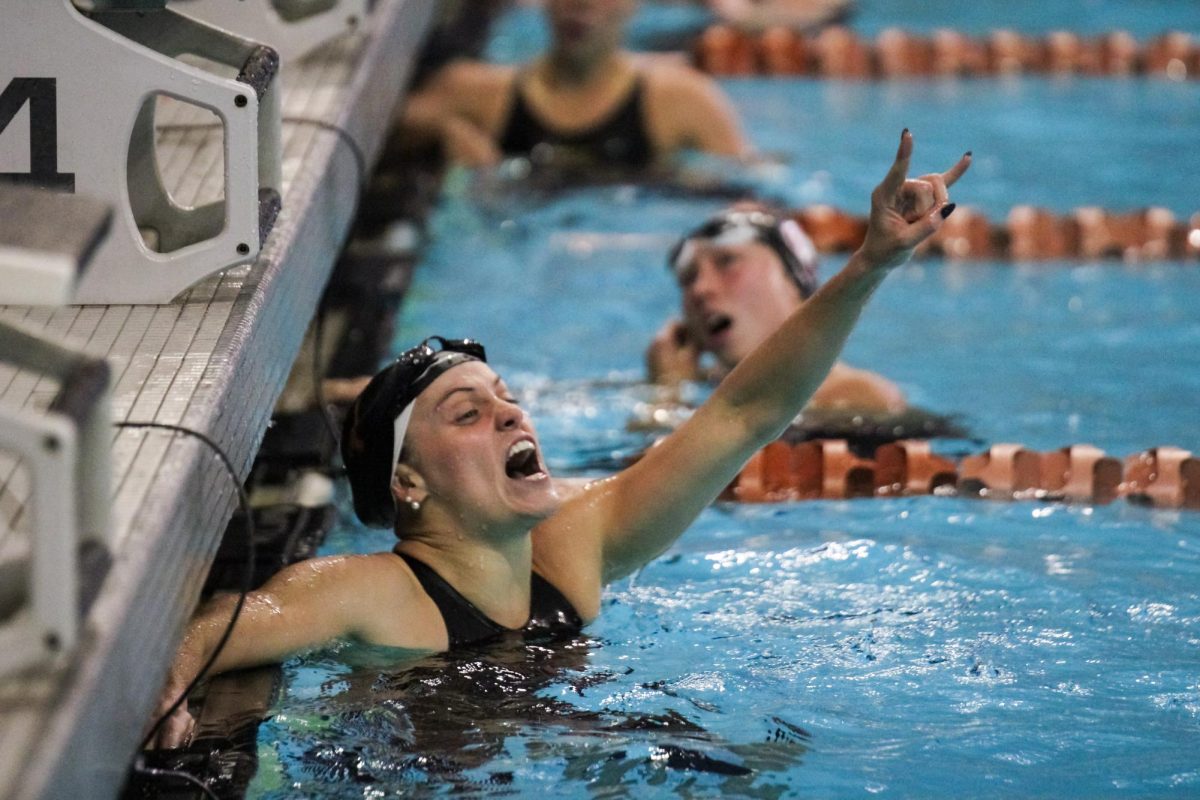There will always be moments when someone’s ideal view of sports will be shattered.
For many, sports are a shelter from reality.
You will see that type of person flipping through a Sports Illustrated magazine in a waiting room of a doctor’s office, ignoring the blaring screen that airs the daily news.
In sports, there is consistency. There are winners and losers; rules and regulations; trade deadlines and contracts. Everything is accounted for in a closed and structured organization.
But as long as sports involve the lives of breathing beings, life will always have a way of bursting through that structure and shelter.
—-
The shelter of sports stood strong in the first half of the NFL’s Sunday night football game between the Houston Texans and the Indianapolis Colts.
In just his second career start, quarterback Case Keenum threw for 208 yards and three touchdowns in the first half.
In an offense that has struggled for the majority of the season, the Houston hometown kid was firing deep touchdown passes as if he was Brett Favre.
On the other end of the touchdowns, tenured receiver Andre Johnson was having the best half of his career with 190 yards on seven catches and three touchdowns.
The teamwork was great — new generation to old generation, tying a struggling organization together one throw at a time. You could almost start writing the screenplay.
But then, as the Texans ran into the locker room up 21-3 at halftime, head coach Gary Kubiak dropped to his knees.
An ambulance took Kubiak to the hospital for what would later be diagnosed as a transient ischemic attack, or what is commonly called a mini-stroke.
At that point, the score did not matter. Kubiak was in a bout in the only game that matters.
—-
For the past few weeks, I have been writing articles about the struggles Kubiak has faced on the playing field: his offenses, his team and the direction of an organization in a losing streak.
Sitting at the keyboard, it seems silly to think or write about how the Texans will fare in the eight remaining games of the regular schedule.
At this point, the only future in the franchise that ultimately matters is Kubiak’s.
The team could lose eight straight games and the world would still be spinning.
But transient ischemic attack is a symptom as well as an attack.
It can be a “warning stroke,” according to the American Stroke Association, and about one-third of people who experience the attack go on to have a stroke within a year.
Kubiak was immediately helped to the hospital after the attack, where he received treatment and tried to figure out why the attack occurred and learn how to prevent a stroke from occurring. The attack is a rare occurrence for people Kubiak’s age, 52.
Whatever the cause, whether it was a chance occurrence or, possibly, stress from the season, Kubiak will not be coaching for an indefinite period of time.
Kubiak was released from the hospital Tuesday, and there is no need for him to return immediately to coaching.
At 2-6, a playoff run is highly unlikely for his team, and it will only add more stress if more losses start to roll by.
At this point, his job security should not be questioned, his offensive strategies critiqued, nor his future be predicted.
Perhaps his Texan team will play inspired throughout the rest of the season, but, ultimately, his players just want him to recover.
“If I had to tell him, I’d tell him to worry about his health first,” Andre Johnson said on Monday. “I think that’s the biggest thing. This is just a game. Your health is more important … this football game is going to be here. It’s not going anywhere.”



